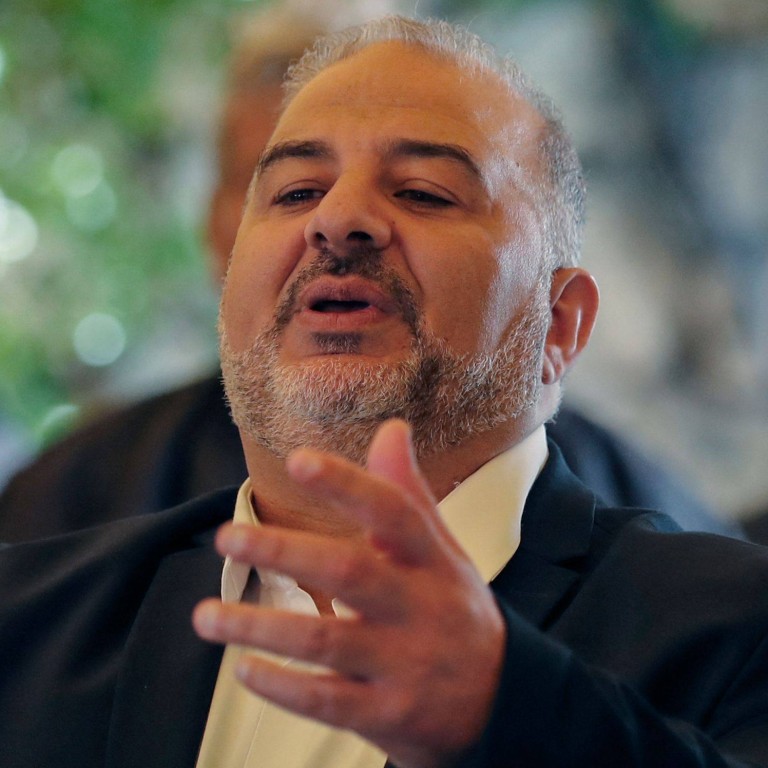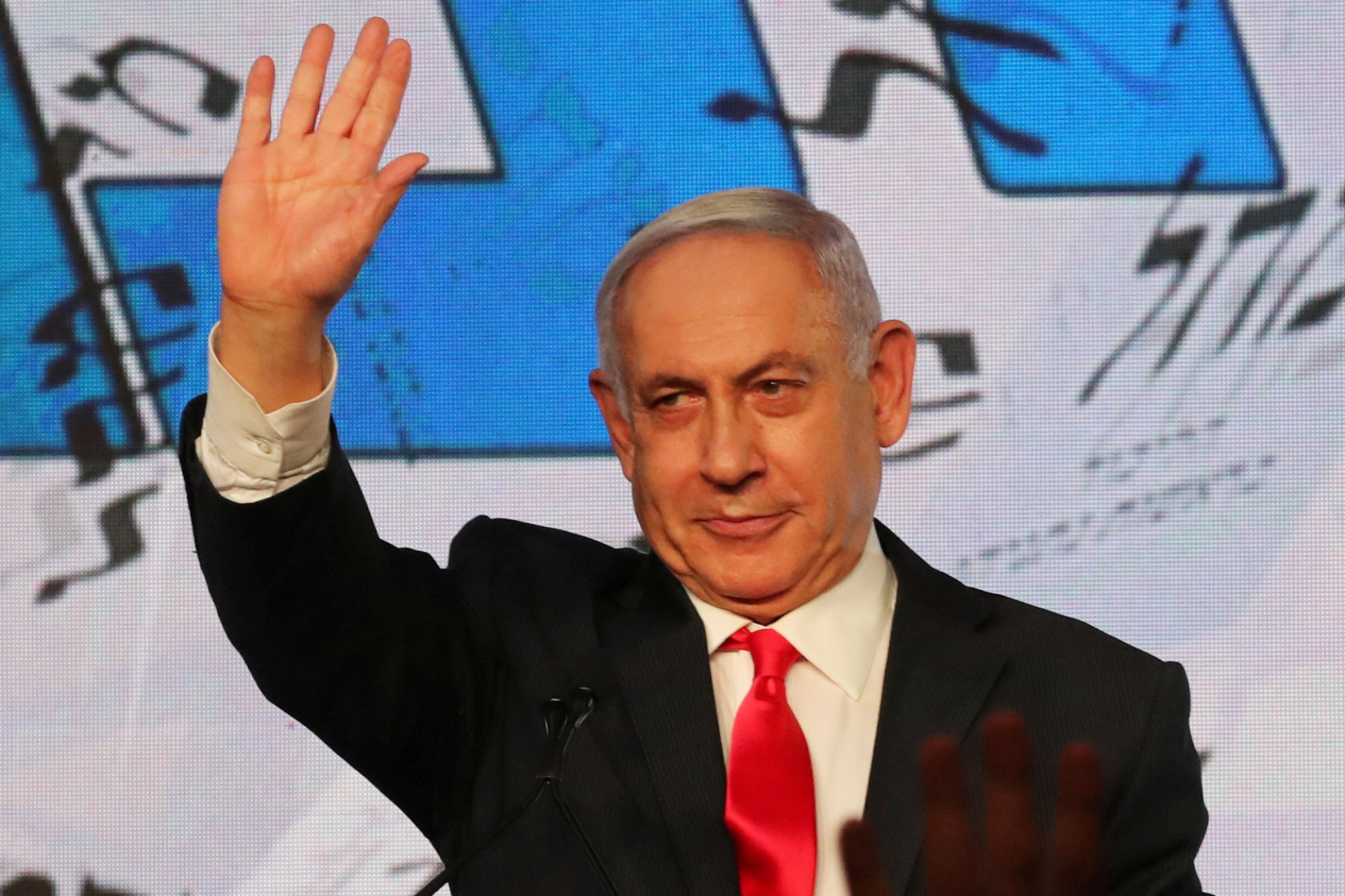
Israel election: Islamic party leader Mansour Abbas emerges as surprise kingmaker
- After an inconclusive vote, the Arab Israeli politician holds a pivotal role in determining whether a stable governing coalition can be formed
- No Arab party has ever served in such a coalition, and the last time an Arab faction supported one was in the 1990s
The head of a conservative Islamic party who has emerged as a kingmaker following Israel’s latest inconclusive election called for change on Thursday, without endorsing Prime Minister Benjamin Netanyahu or his rivals.
Mansour Abbas’ prime-time address was carried live by multiple Israeli broadcasters, underscoring his pivotal role in determining whether a stable governing coalition is possible after last week’s election.
The vote, Israel’s fourth in two years, delivered the veteran premier’s Likud 30 seats in the 120-seat parliament, making it the biggest party - but a majority of 61 is required to form a government.

“This is the time to create a different reality for all citizens in the country,” Abbas, an Arab Israeli, said in Hebrew in Nazareth in northern Israel.
After last week’s vote, Abbas said he was open to negotiating with the pro-Netanyahu camp and with the ideologically divided group of parties seeking to oust the veteran prime minister.
On Thursday, Abbas quoted the Koran and said he was “a proud Arab and Muslim”, unprecedented remarks for a leader tasked with the role of tiebreaker in Israeli coalition politics.
Abbas, 46, heads the Raam party that won four seats in Israel’s March 23 vote. Raam ran as part of an alliance of Arab parties in previous elections, but ahead of the latest vote Abbas broke away over differences with the other factions.
No Arab party has ever served in a governing coalition, and the last time an Arab faction supported a coalition was in the 1990s.
Shaving face: Israel’s army faces legal battle over right to grow a beard
Abbas on Thursday listed crime, racism and poverty as challenges facing Arab Israelis who make up 20 percent of the country’s population of 9.3 million.
“I don’t want to be a part of a bloc on the right or left,” he said.
“I am here for a different bloc, the bloc that elected me to serve my people and gave me a mandate to change the demands of the Arab public - which for years were only demands - to a real work plan.”
Israeli President Reuven Rivlin said he would convene party leaders next week for talks before choosing the candidate with the best chance of forming a coalition on Wednesday.

.png?itok=arIb17P0)